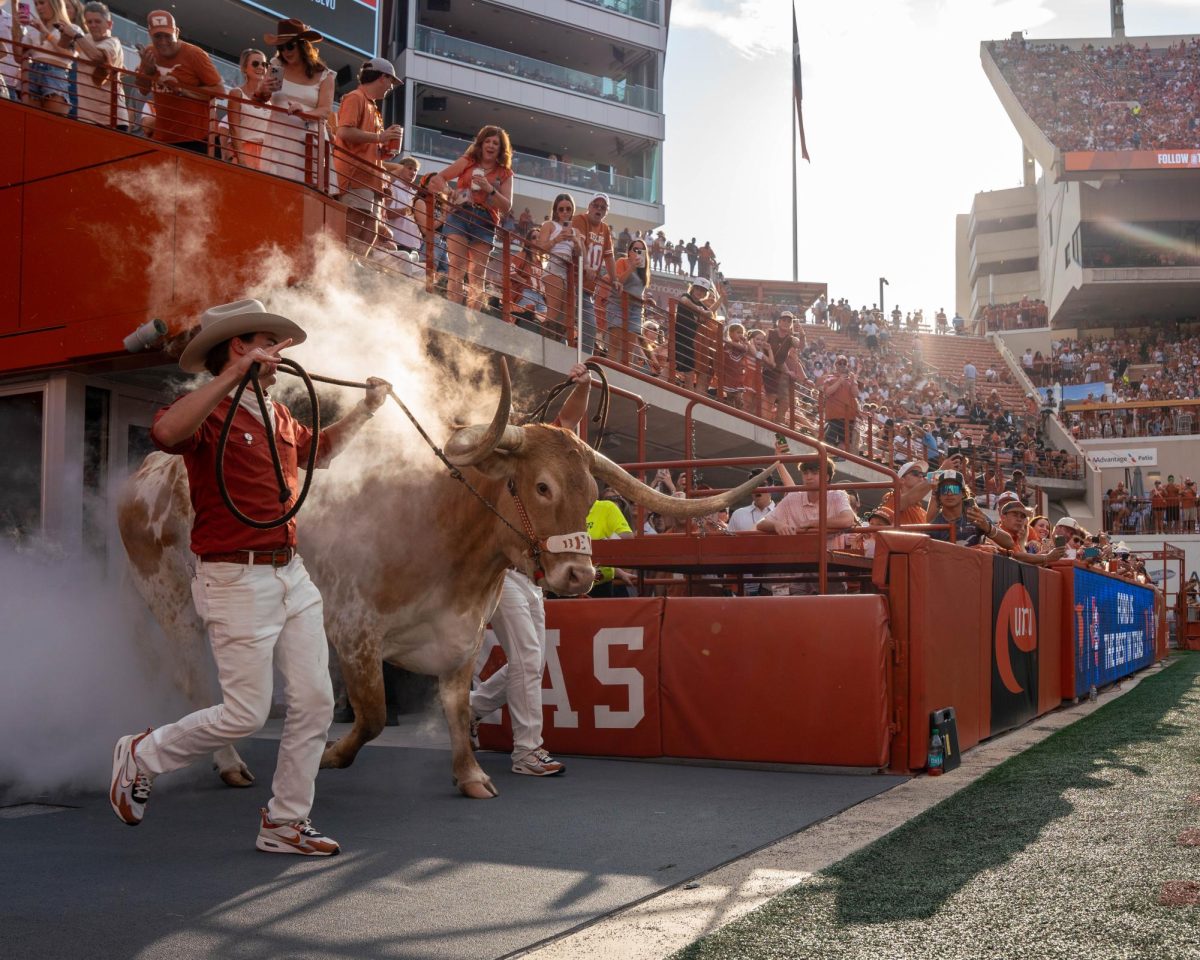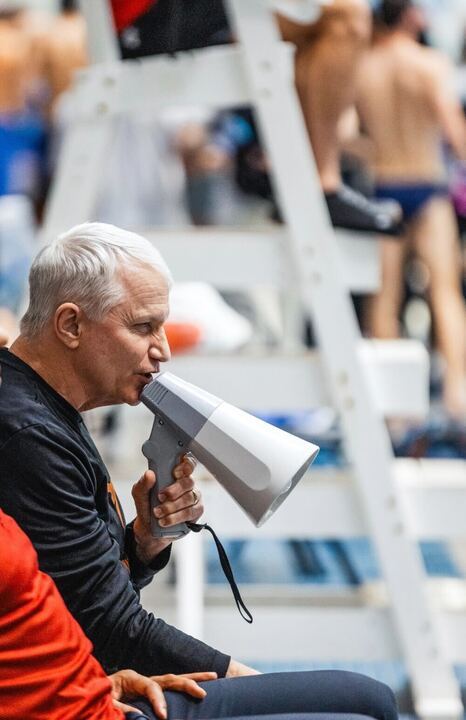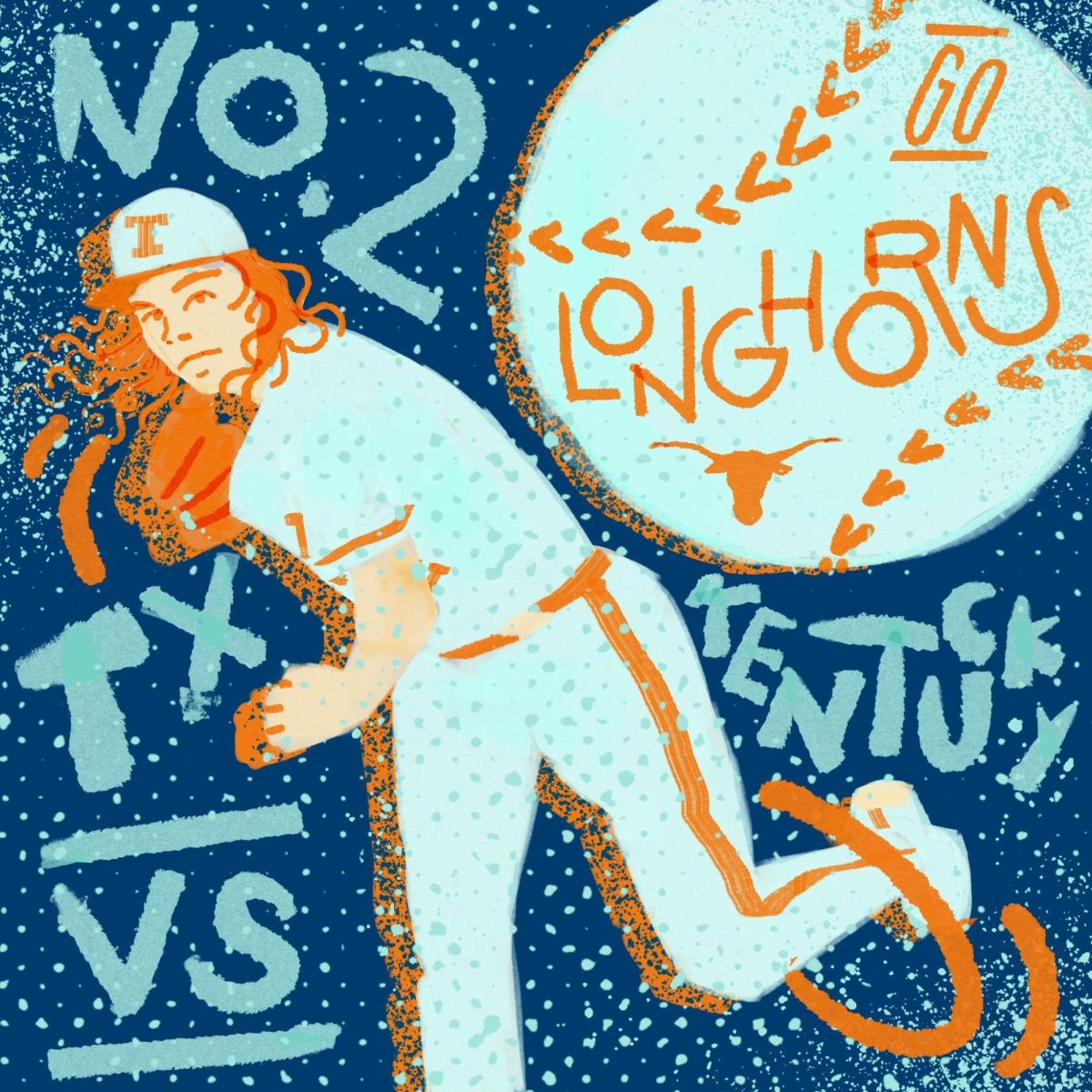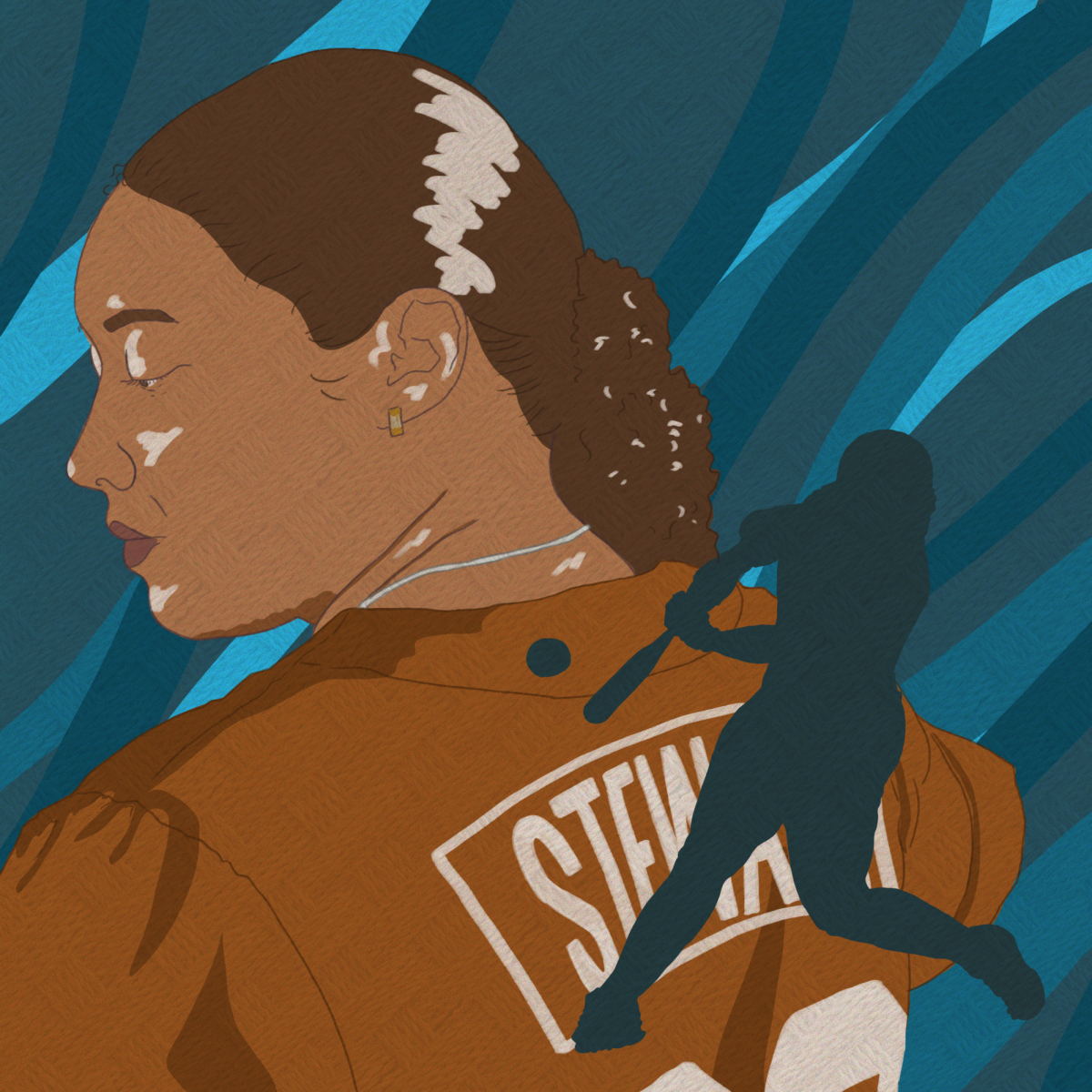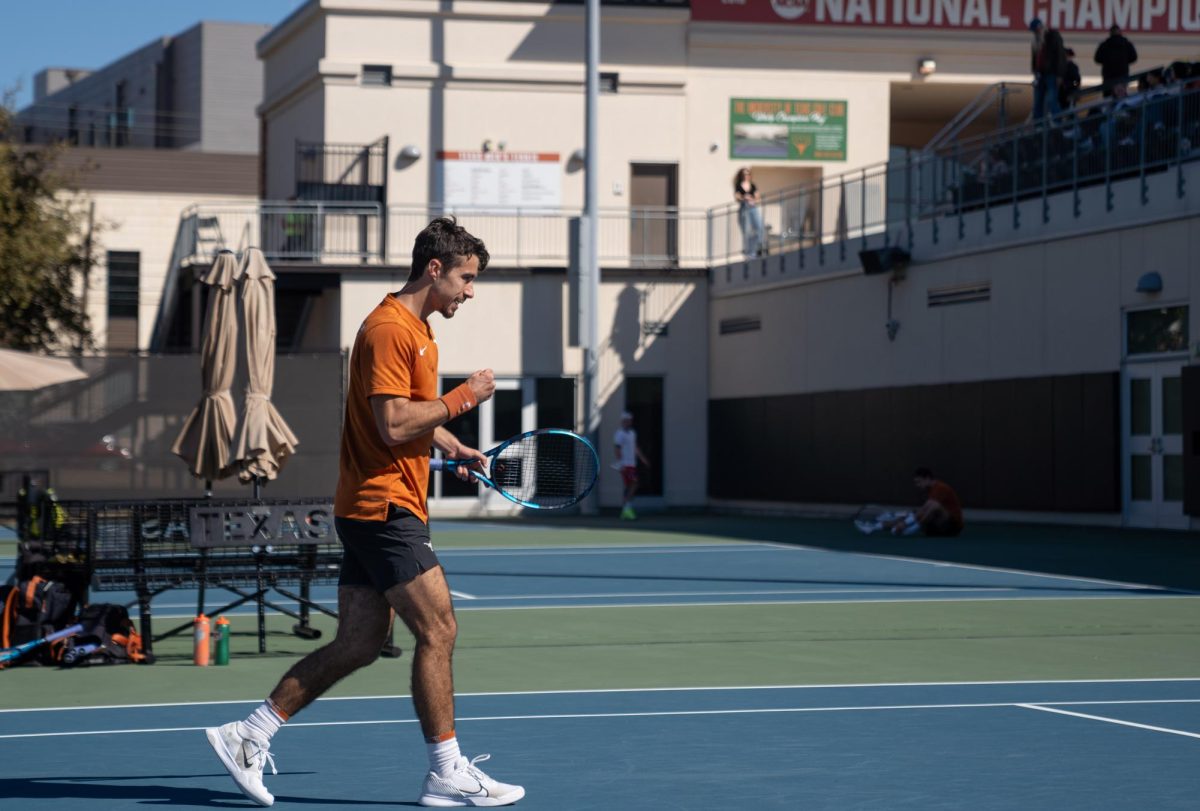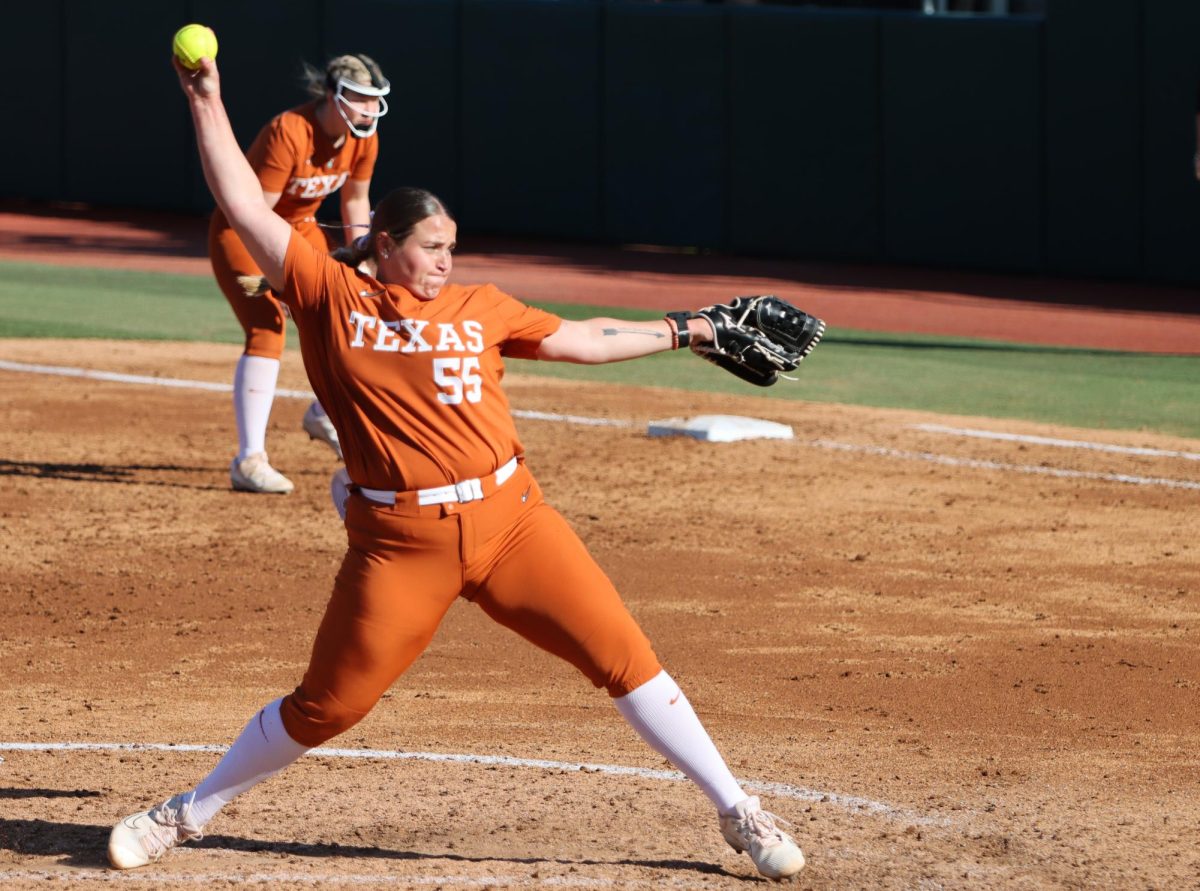Balancing the rigors of online criticism, academics and the high expectations of sports performance can be overwhelming. For many student athletes at the University, life goes beyond the scoreboard. The game isn’t just won or lost on the field — it’s fought in their minds as they strive to maintain their mental well-being amidst the growing pressures.
The recent release of an NCAA pilot study on online abuse during NCAA championships has highlighted the pressing need for comprehensive mental healthcare for athletes. Additionally, with the rise of sports betting, online criticism has become a more prevalent issue, affecting athletes at all levels.
“It can affect anyone from the bottom of the sport to the top,” said senior Daniel Howells, a middle-distance track and field athlete at Texas. Texas has considered these growing pressures by taking proactive steps to ensure the mental well-being of its student-athletes. Under the leadership of Ashley Harmon, director of clinical behavioral health for Texas Athletics, the University’s comprehensive mental health support system operates on a multidisciplinary model.
Texas Athletics also uses a unique approach when treating athletes’ mental health.
“Many universities work in silos, and so you may be working on their mental health, but you might not have any idea what’s going on with sports nutrition or what’s going on in the medical realm,” Harmon said. “So, I think that gives us a really big advantage to be able to holistically see the athlete as a whole person,”
Texas Athletics offers individual therapy through a team of six therapists, one psychiatrist and an intern from the Texas Steve Hicks School of Social Work. Additionally, mental healthcare services are entirely free for Texas athletes. That includes one-on-one therapy,
medications and higher levels of care, such as intensive outpatient programs.
Harmon has made it a priority to ensure athletes have seamless access to mental health services.
“Everybody in athletics has my phone number, and they can get my phone number from their athletic trainer, their coach, academics, dietician,” Harmon said.
This accessibility reflects the University’s commitment to fostering an environment where athletes feel supported and encouraged to seek help when needed.
Athletes, such as Howells have taken full advantage of these mental health services, which positively impacts their performance and overall mindset.
“It’s a massive help because at the end of the day, where your mind is — that’s the basis for how you perform physically,” Howells said.
As more athletes benefit from these resources, the stigma surrounding mental health remains a challenge, but Harmon said she takes a personable approach to the subject.
“In an athletic community, (mental health) can be even more stigmatized because of the idea of mental toughness and mental strength,” Harmon said. “I’m just another person, not the scary therapist that’s siloed across campus.”
Student athletes such as Howells stress the importance of promoting mental healthcare.
“Speaking out is important because it makes other athletes realize that they don’t have to suffer in silence,” Howells said.

